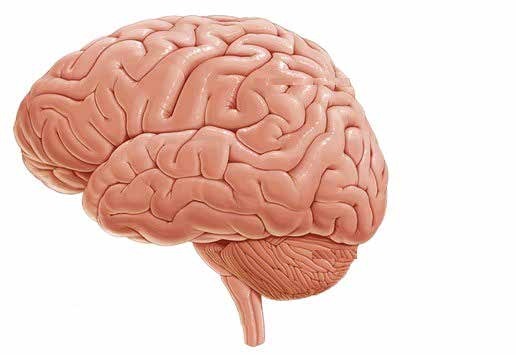Fits/ Convulsion
Home > Neurology > Fits
About
Fits
Seizures, usually referred to as fits or convulsions, are bouts of aberrant and uncontrollable electrical activity in the brain that can cause a range of symptoms, both mental and physical. These episodes can vary in duration from brief periods of altered awareness to complete seizures. There are two types of seizures: focal seizures, which originate in a particular area of the brain and are frequently accompanied by localised symptoms, and generalised seizures, which include broad aberrant brain activity and maybe even loss of consciousness. Fits can be brought on by brain traumas, tumours, hereditary factors, metabolic abnormalities, epilepsy, and infections.Clinical assessment, electroencephalogram (EEG), imaging examinations, and blood tests are all used in the diagnosis of fits. Medications that block seizures, alterations to lifestyle, and occasionally surgery are available as forms of treatment. The goal of emergency management is to keep patients safe during a seizure. The prognosis for the condition’s long-term management varies depending on the underlying cause, but many people may effectively manage it with the right care. Getting medical help for a thorough assessment is essential for people who are having seizures or who are witnessing someone else have one.



key Highlights
- Diverse Manifestations:
- Underlying Causes:
- Effective Management:
- Convulsions, often known as fits, can take many different forms. They might be mild moments of altered awareness or severe full-body convulsions. The variety of these experiences emphasises how intricate seizure disorders are.
- Seizures can be caused by a variety of conditions, including epilepsy, brain traumas, metabolic imbalances, genetics, infections, and tumors. Understanding the precise reason is critical for accurate diagnosis and tailored treatment plans.
- While fits can be difficult to control, especially in an emergency, a combination of antiepileptic drugs, lifestyle changes, and, in some circumstances, surgical interventions can help. The goal is to control and avoid seizures, allowing people to live fulfilling lives with the proper medical treatment.

Consultants

Dr. Sandeep Tukaramji Gore (Patil)
MBBS (GMCH, Aurangabad)
M.S. Gen. Surgery (J.J Hospital, Mumbai)
M.Ch. Neurosurgery (KEM Hospital, Mumbai)
DNB Gen Surgery (New Delhi)
DNB Neurosurgery (New Delhi) MNAMS
Ex. Assistant Professor SRTRGMC, Ambajogai
Ex. Registrar KEM Hospital Mumbai
Reg No: 2009/03/0875

DR. Laxmikant Anantrao Bhople
MBBS (MGM Aurangabad)
M.S. Gen. Surgery (GMC Nanded)
MCH Neurosurgery, (J.J. Hospital Mumbai)
Ex Assistant Professor (GMC Nanded)
Ex.assistant Professor Neurosurgery
(J.J. Hospital Mumbai)
Reg.no . 10/36894
